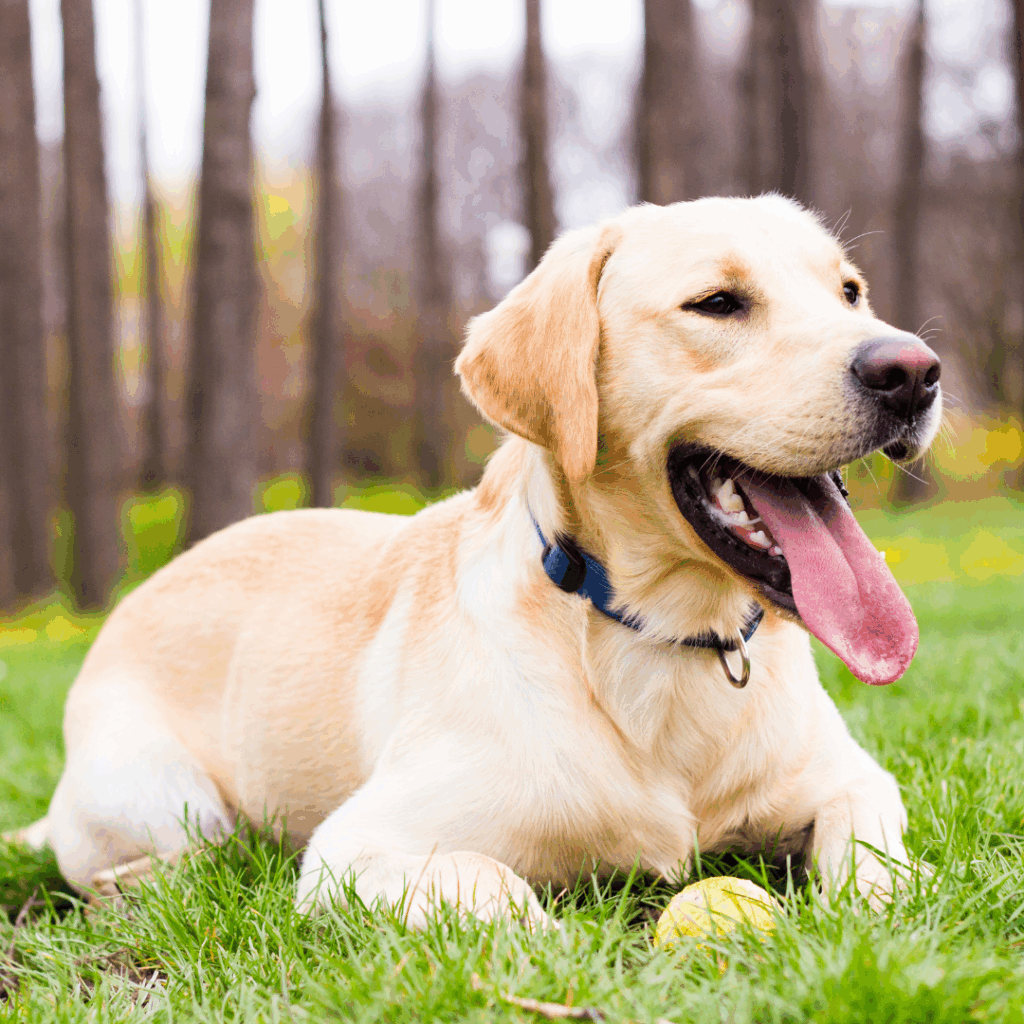Memorial Day is approaching and we would like to take this time to remember and honor those who have made sacrifices for our country! Due to the holiday, we would also like to inform you of our adjusted hours.
IAH Memorial Day Office Hours:
Monday, May 26th, 2025 – CLOSED
In case of an emergency and you are unable to reach us, please contact either Orange County Emergency Pet Clinic (714) 441-2925 or Crossroads Animal Emergency Hospital (562) 863-2522
We appreciate your understanding! Regular office hours will resume on Tuesday, May 27th.
If you have any questions, please feel free to give our office a call. (562) 941-0284

